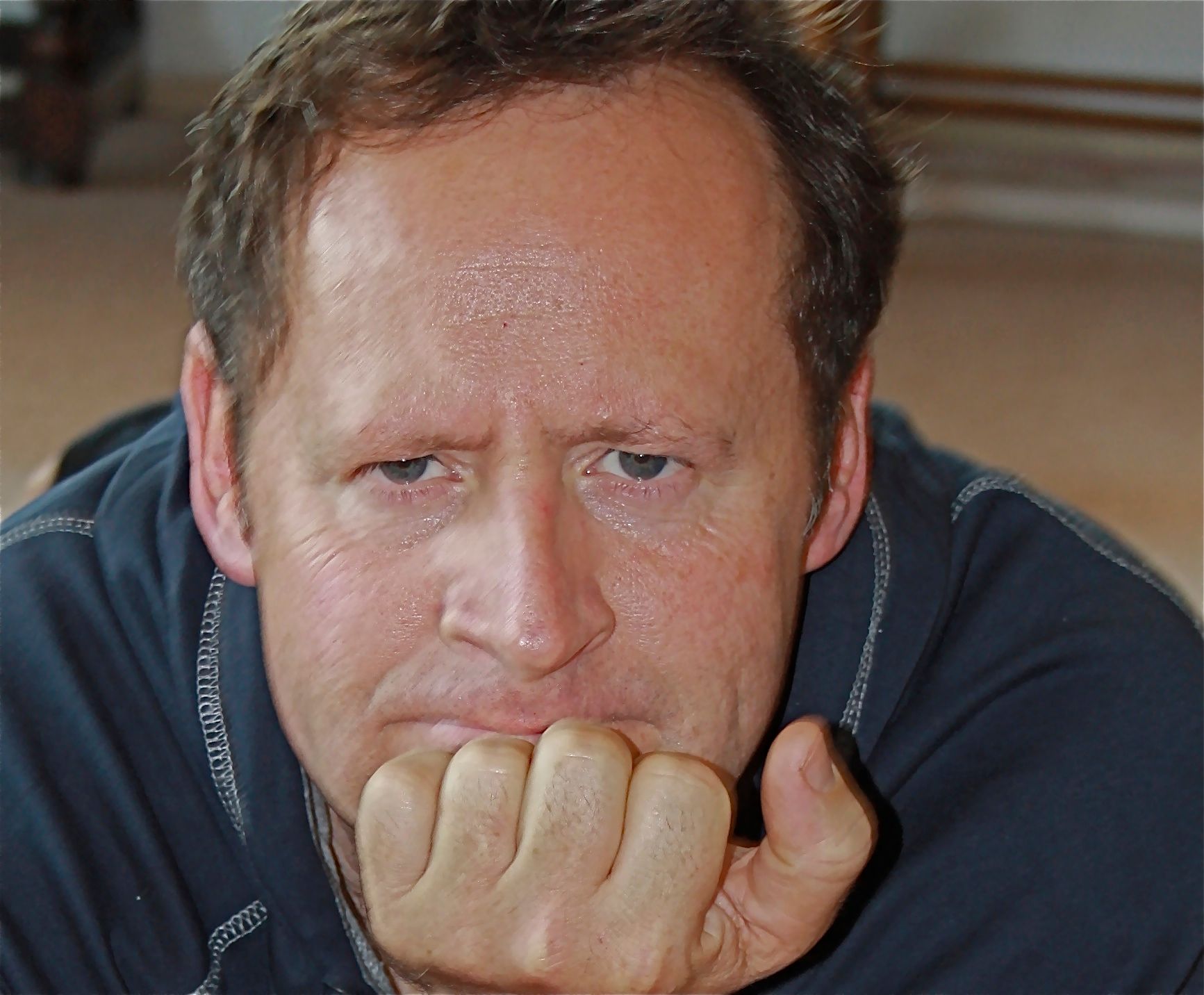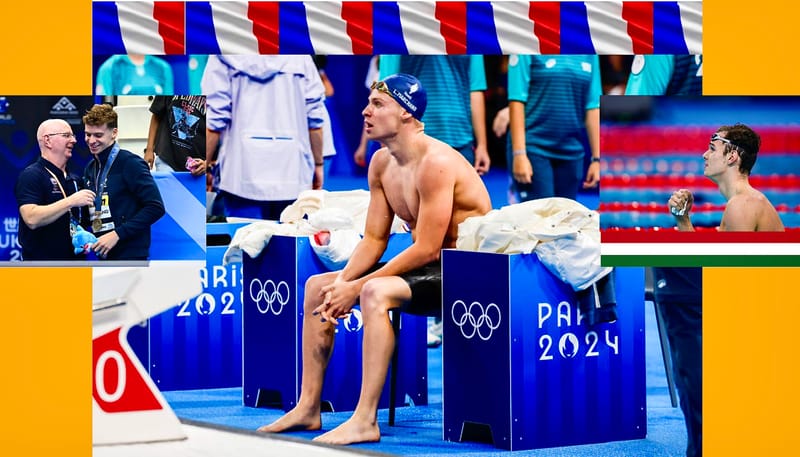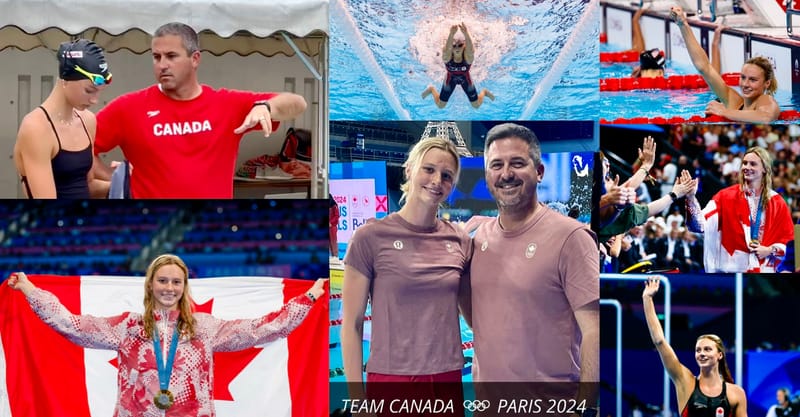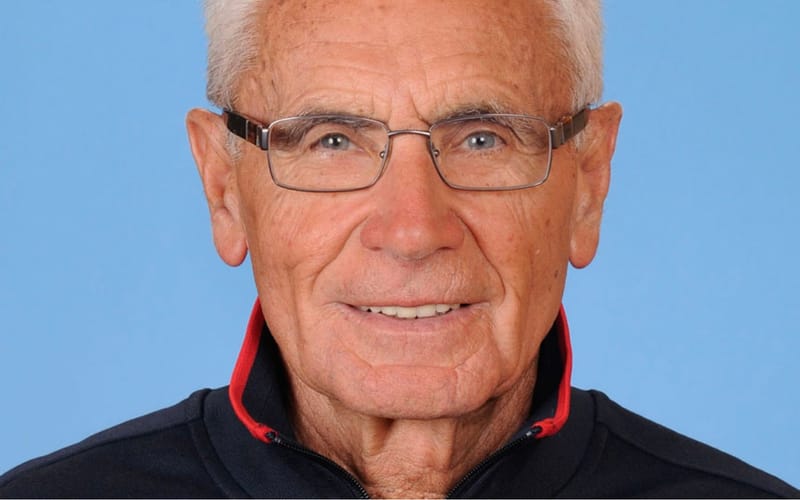Kings of Perseverance Part 1: Cam McEvoy & A Sprint Lane That May Keep Him In The Games For Brisbane 2032 At 38
We continue our SOS Awards for 2024 with a Weekend Essay on Cameron McEvoy, who in Paris at 30 claimed his first Olympic gold at his fourth Games taking an approach that will serve as a blueprint for other sprinters in a maturing sport

Since Cameron "The Professor" McEvoy claimed gold in the 50m freestyle at the age of 30 in Paris last August, there's been much talk of how he did it and what he had to say about the tale end of his journey to Olympic glory.
Lacking in much of that coverage was anything other than passing mention, if mention was made at all, of the long haul of a career that included different kinds of work, the sort of serving required to register world-class 800, 400, 200, 100 - and 50m - freestyle sprint swims.
McEvoy arrived in Paris a title favourite for the 50m eight years after he arrived in Rio as favourite for the 100m title. That day in 2016 was not his, at least not at the surface or an Olympic reality that takes no prisoners key regard: the champion was another Australian - young Kyle Chalmers - and there was no medal at all for McEvoy.
Through another lens, Chalmers' day was also McEvoy's: to express gratitude and show grace in the face of pain transcends the status of an Olympic champion.
Try champion of life. Try invisible spark. Try Phoenix from the flames.
What we witnessed in the Paris dash was a podium of perseverance (more on that in part 2) stacked with lessons for coaches, athletes, their parents and those interacting and working closest with both swimmer and mentor. Instruction is not only to be found at the surface of a scoreboard.




